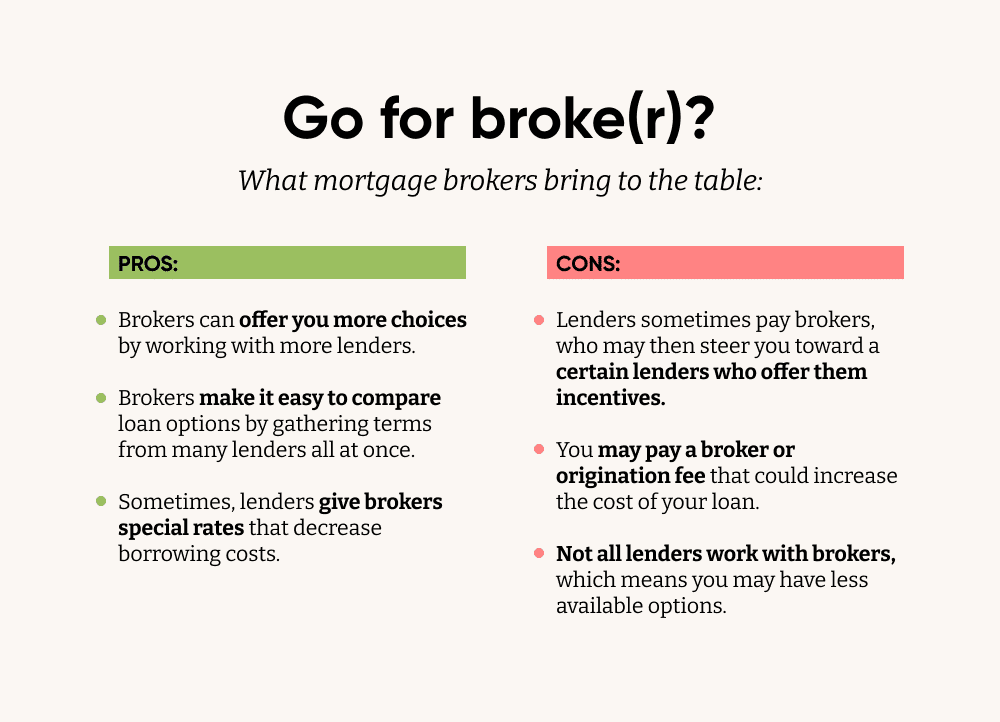Jumbo Loan Fees: What You Required to Know Before Using
Jumbo Loan Fees: What You Required to Know Before Using
Blog Article
Recognizing What a Jumbo Lending Entails and How It Differs From Conventional Car Loans
Browsing the details of big lendings exposes a financing choice customized for those venturing right into high-value realty, typically going beyond the limitations set by the Federal Real Estate Money Company. In comparison, traditional lendings are often a lot more obtainable, taking advantage of support by entities such as Fannie Mae and Freddie Mac. The considerable danger connected with jumbo lendings necessitates extra rigid certification requirements, including greater credit ratings and considerable down repayments. As these two financing kinds satisfy varying monetary landscapes, understanding their nuances is critical for making notified decisions in the intricate world of property funding. Just how do you figure out which path ideal fits your financial approach?
Meaning of Jumbo Financings
Jumbo car loans are a sort of mortgage that exceed the adapting car loan restrictions established by the Federal Housing Financing Company (FHFA) These loans deal with debtors that need to finance residential or commercial properties that are extra pricey than what conventional finance limits allow. The FHFA establishes yearly adjusting car loan limitations, and any kind of car loan going beyond these limits is categorized as a big financing.
Normally, big loans are utilized in high-cost real estate markets where home prices considerably exceed nationwide standards, such as in cities or luxury real estate sectors. As these car loans are not eligible for purchase by Fannie Mae or Freddie Mac, they carry inherent dangers for loan providers because of their bigger size and non-conformity (jumbo loan). As a result, loan providers often enforce a lot more stringent certification standards for big car loans than basic adhering loans.
Customers looking for jumbo loans need to generally demonstrate a strong monetary account, including a greater debt score, durable income confirmation, and significant deposit, usually 20% or more. In addition, lenders might call for much more considerable documentation to examine the borrower's capability to take care of bigger monthly repayments. Recognizing the particular qualities of big car loans is vital for potential customers browsing this sector of the mortgage market.
Traditional Finances Overview
While jumbo fundings accommodate high-value home funding, traditional financings stand for the more common mortgage option in the housing market. These car loans are not insured or ensured by any type of federal government entity, such as the Federal Real Estate Management (FHA) or the Division of Veterans Matters (VA) Rather, they are backed by exclusive lending institutions and follow standards established by government-sponsored ventures (GSEs) like Fannie Mae and Freddie Mac.
Standard finances are typically offered with repaired or adjustable rates of interest and vary in regards to period, frequently extending 15 to thirty years. Customers typically choose conventional lendings for their predictable month-to-month repayments, which can help with long-term financial preparation. Furthermore, they are offered for primary residences, 2nd homes, and financial investment properties, supplying versatility to satisfy diverse consumer requirements.

Trick Differences Between Lendings
Recognizing the nuances between different sorts of financings is essential for potential buyers browsing the complex mortgage landscape. At the forefront of this decision-making process are jumbo finances and standard lendings, each having distinctive characteristics and serving various consumer demands. The key distinction relaxes in the lending amount. Jumbo loans exceed the adhering car loan limitations set by the Federal Housing Finance Firm (FHFA), which differ by area. On the other hand, traditional fundings follow these limitations and are generally purchased by government-sponsored entities like Fannie Mae and Freddie important site Mac.

In addition, the down payment demands can differ considerably. Big lendings typically need bigger deposits, occasionally going beyond 20%, to minimize risk. Conventional car loans, on the other hand, may permit reduced down settlements, with some programs approving just 3% for professional customers.
Credentials Needs
Safeguarding a big finance entails satisfying a lot more rigid certification demands compared to conventional lendings, reflecting the increased threat to lending institutions. These loans, which go beyond the adjusting financing limitations set by the Federal Housing Money Company (FHFA), are not eligible for purchase by Freddie Mac or Fannie Mae, therefore subjecting loan providers to better financial danger - jumbo loan. Consequently, borrowers have to show a high creditworthiness and financial security
A robust credit history, typically 700 or greater, is important for approval. Lenders additionally expect a reduced debt-to-income (DTI) ratio, often not going beyond 43%, making sure that borrowers can take care of substantial month-to-month repayments together with other economic responsibilities. A substantial cash book is usually required, frequently amounting to six months of home look these up loan settlements, to reassure loan providers of the consumer's financial durability.
Down payment expectations are also elevated, frequently starting at 20% or even more of the residential or commercial property's value. While this is a protect for loan providers, it requires significant in advance funding from customers.
Selecting the Right Funding
When choosing the most appropriate funding choice,Navigating the intricacy of big finances needs careful consideration. With the more comprehensive variety of choices available to those looking for big fundings, the decision-making process should entail a detailed analysis of one's financial account and long-lasting objectives. Unlike traditional car loans, jumbo financings commonly include more stringent demands and varied rate of interest, which necessitate complete research study and a clear understanding of one's financial standing.
When picking between various jumbo loan offerings, it is important to review the finance terms, including rate of interest, settlement routines, and linked charges. Borrowers must contrast the rates given by different lending institutions to ensure they protect one of the most beneficial terms. In addition, understanding the effects of fixed versus variable-rate mortgages (ARMs) is crucial, as each choice offers distinct benefits and threats depending on market conditions and individual economic techniques.
Involving with an economic advisor or home loan broker can give valuable insights customized to specific circumstances. These experts can help in navigating the subtleties of big finances, making certain that debtors are knowledgeable and furnished to pick a loan that lines up with their economic objectives, ultimately facilitating a smoother home-buying process.
Verdict
In summary, jumbo loans work as a financial instrument for obtaining high-value homes, demanding stringent qualification requirements and higher rate of interest as a result of the raised threat for lenders. Unlike standard lendings, which comply with FHFA restrictions and might obtain backing from Fannie Mae or Freddie Mac, jumbo financings require a minimal credit rating of 700 and substantial deposits. Recognizing these distinctions is important for customers in high-cost property markets to determine one of the most appropriate finance choice for their needs.
The FHFA develops yearly adhering car loan limits, and any kind of finance exceeding these thresholds is identified as a jumbo lending.
At the center of this decision-making procedure are conventional financings and big lendings, each having unique characteristics and offering different debtor needs.Safeguarding a jumbo financing includes fulfilling a lot more stringent certification requirements compared to standard fundings, reflecting the boosted risk to loan providers. Unlike conventional finances, jumbo finances frequently come with more stringent needs and varied passion rates, which require thorough research study and a clear understanding of one's economic standing.
Unlike conventional financings, which adhere to FHFA restrictions and may receive support from Fannie Mae or Freddie Mac, big car loans call for a minimal credit scores rating of 700 and substantial down payments.
Report this page